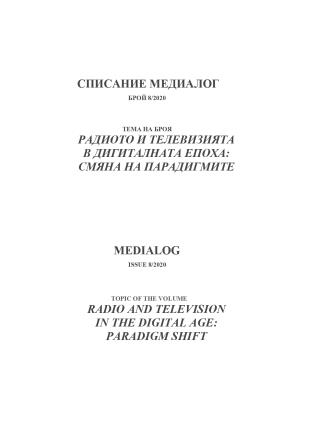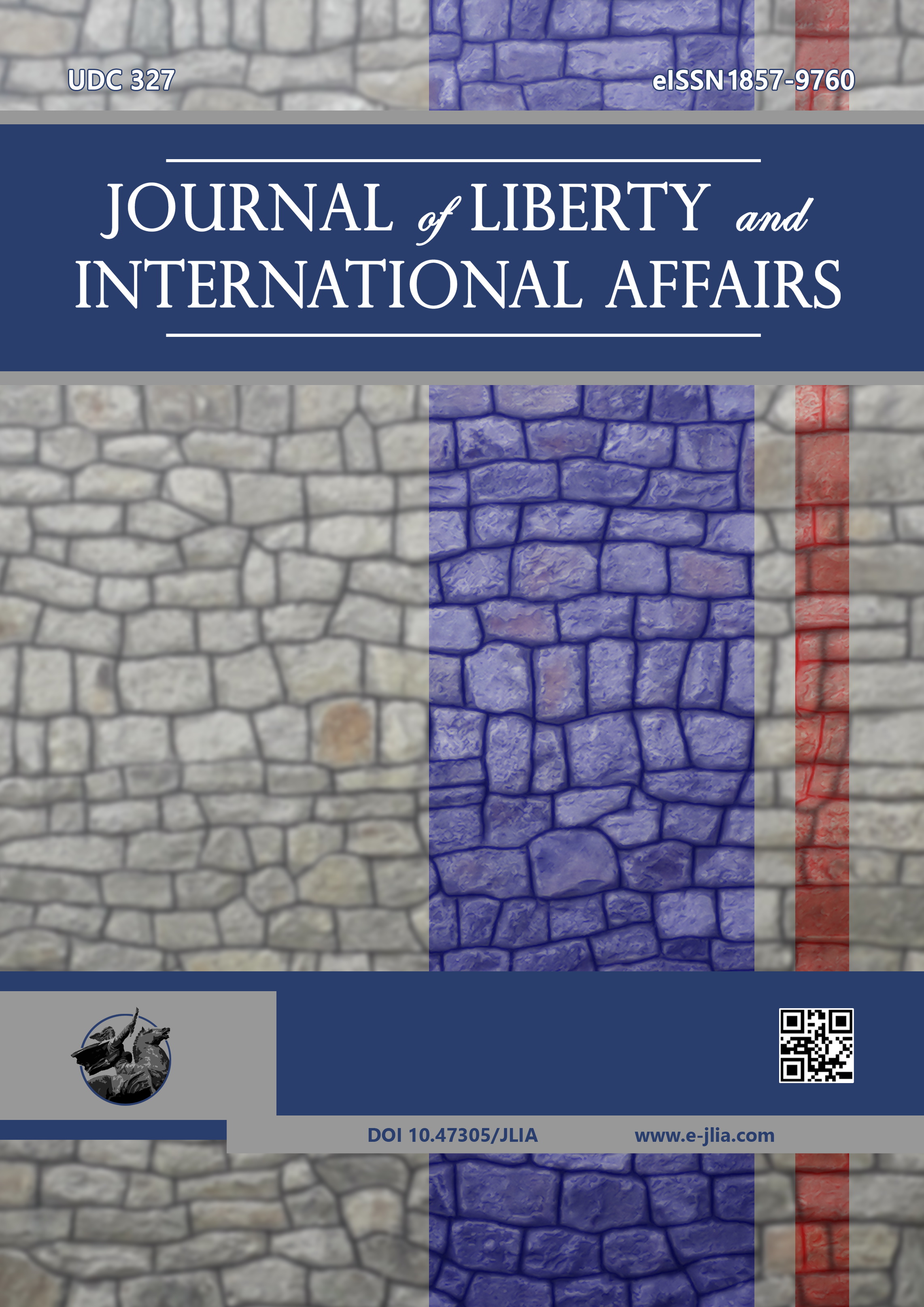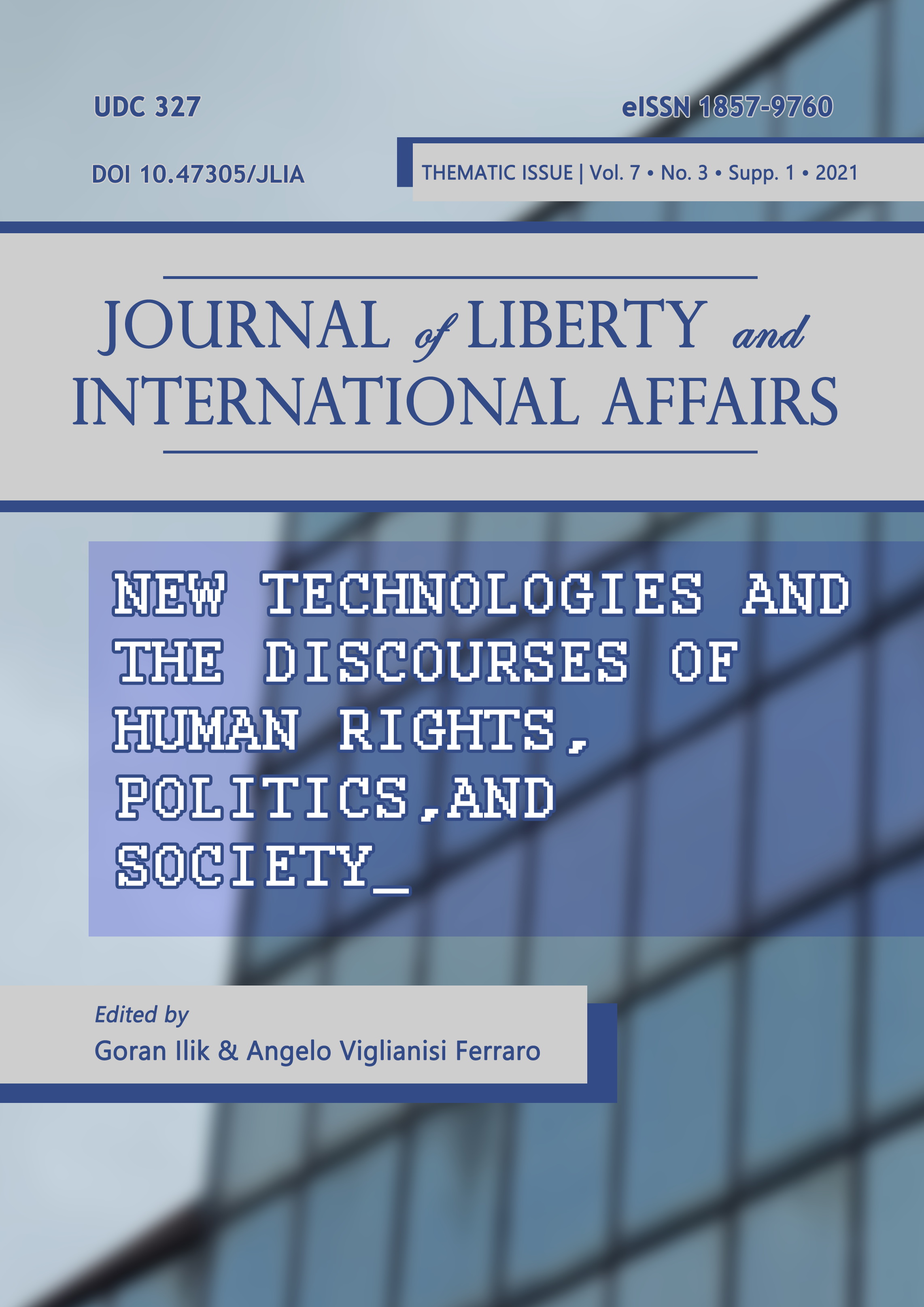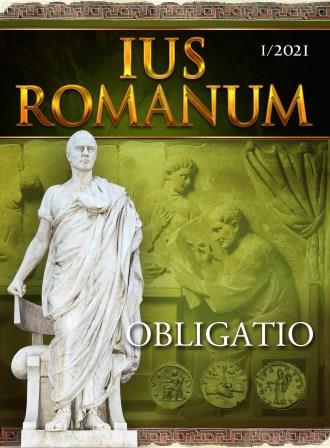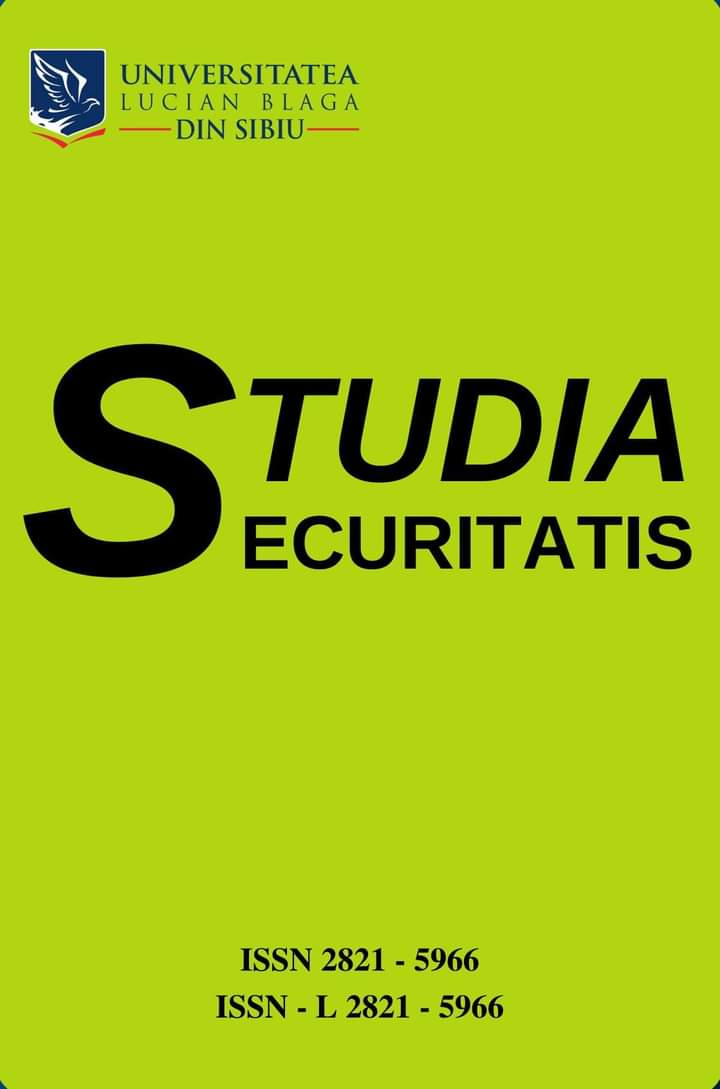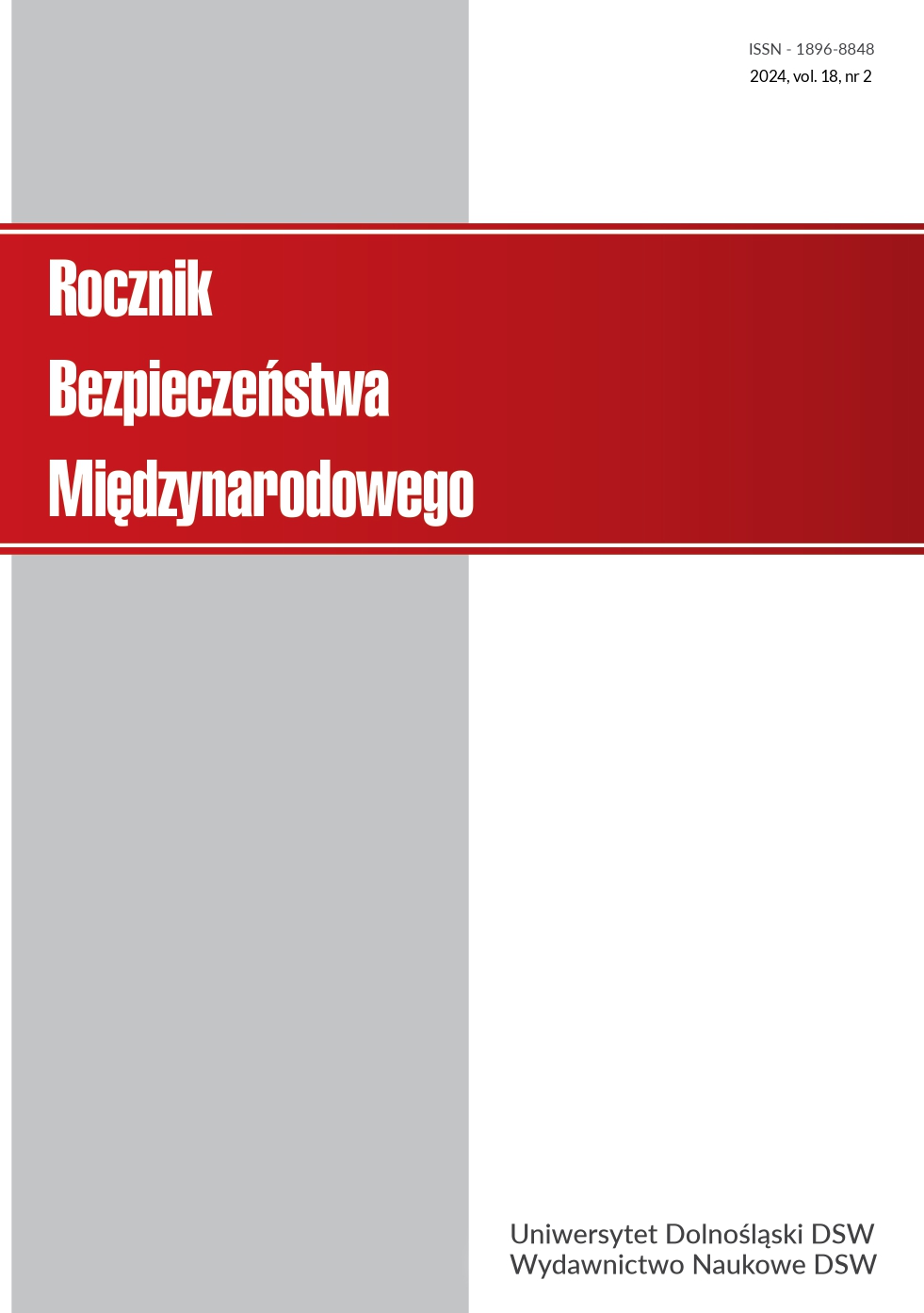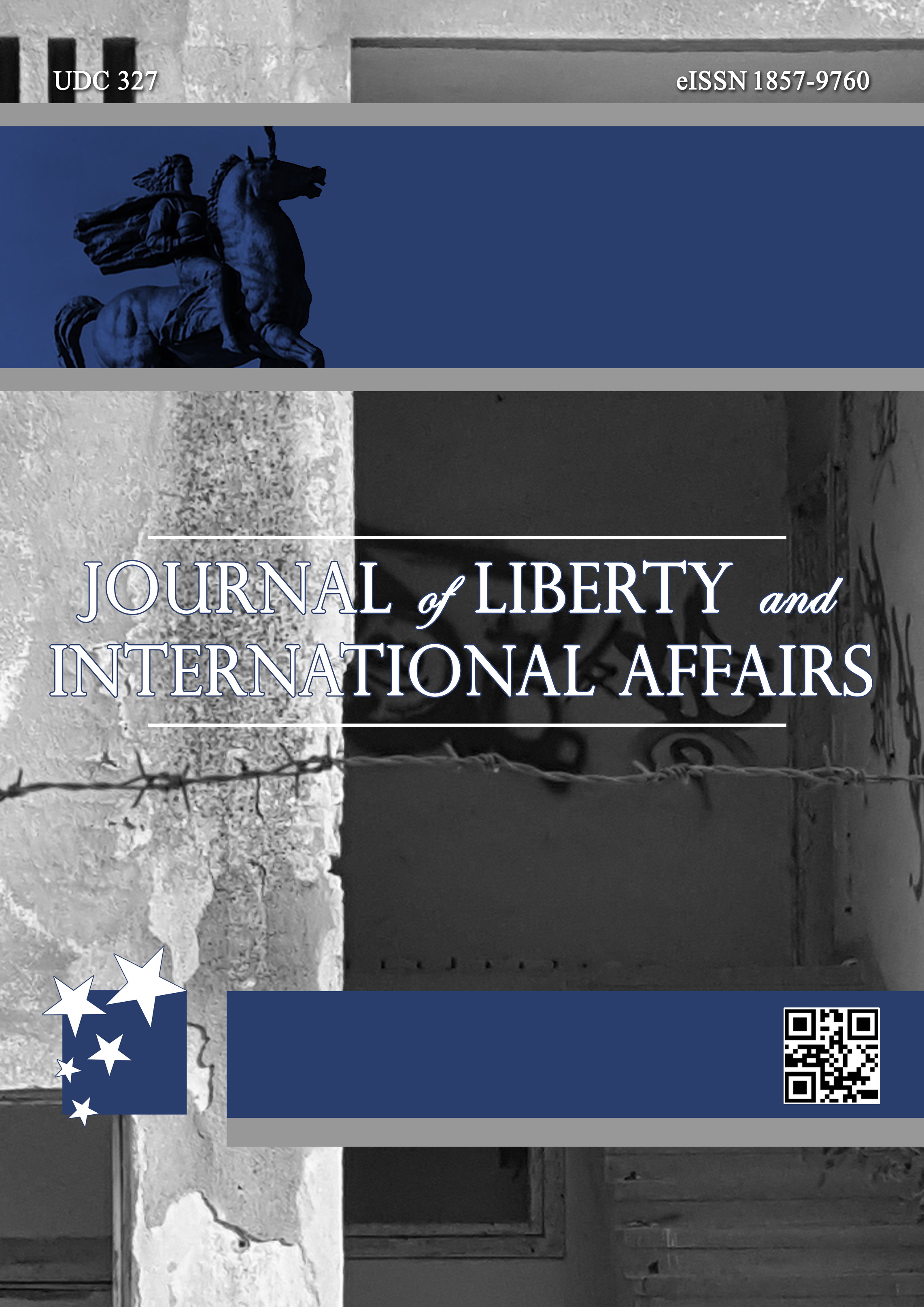
STUDENT AND PARENTAL ATTITUDES TOWARDS VOUCHERIZATION OF EDUCATION
Voucher system of education implies the use of vouchers as instruments of financing public and private education. Unlike the traditional ways of financing education, the voucher system creates the assumptions for increasing the freedom of choice regarding educational programs within different levels of education. Paper will use scientific methods of systematization and analysis of existing literature regarding school vouchers, in order to give a critical review of the influence of vouchers on increasing the competitiveness of education. The paper will also present the results of the research of student and parental attitudes about towards voucherization of education. Research sample includes respondents from Bosnia and Herzegovina, Republic of Croatia and Republic of Serbia. Along with the conclusion, the paper also offers some recommendations regarding the use of vouchers for the improvement of local education systems.
More...
